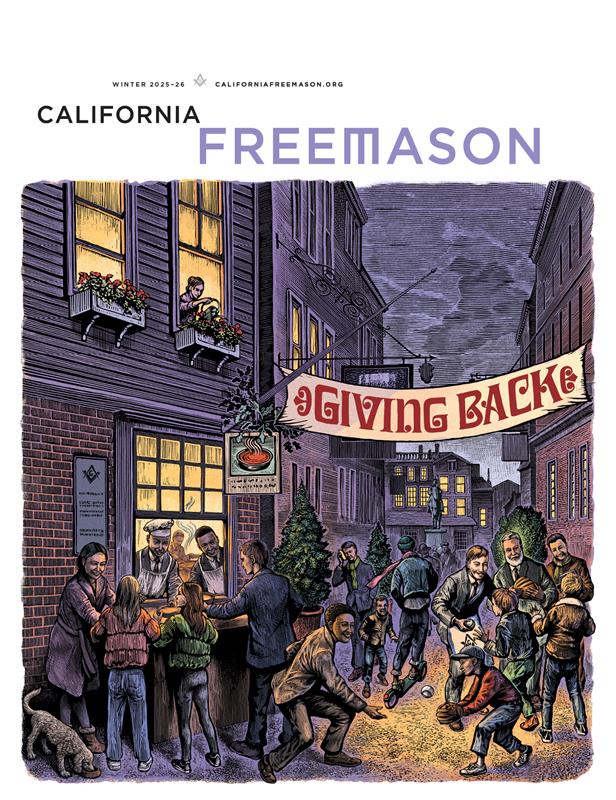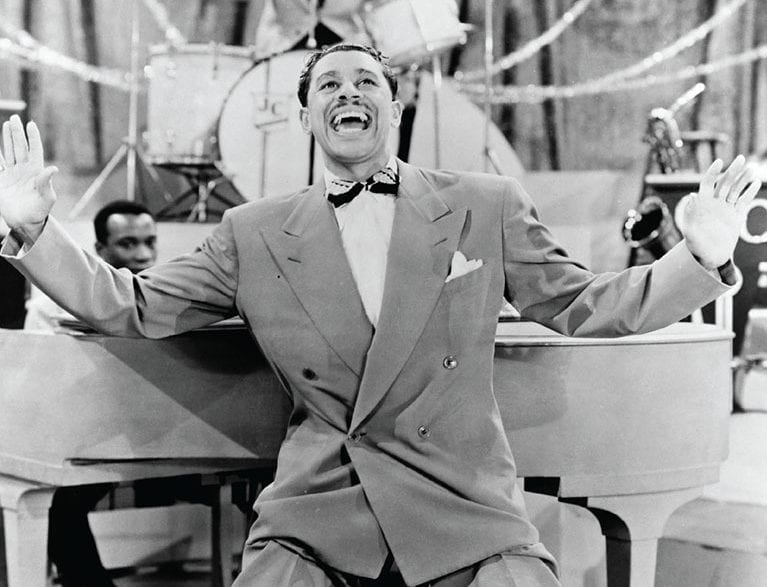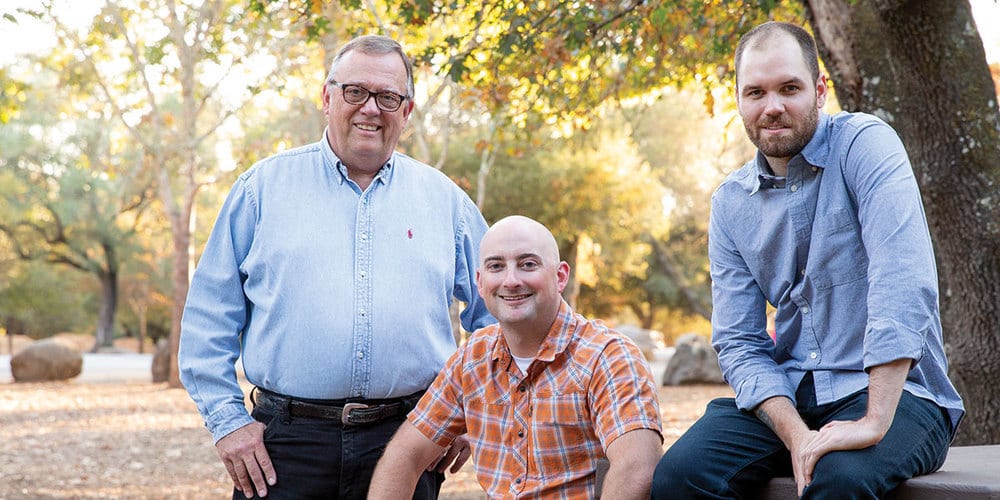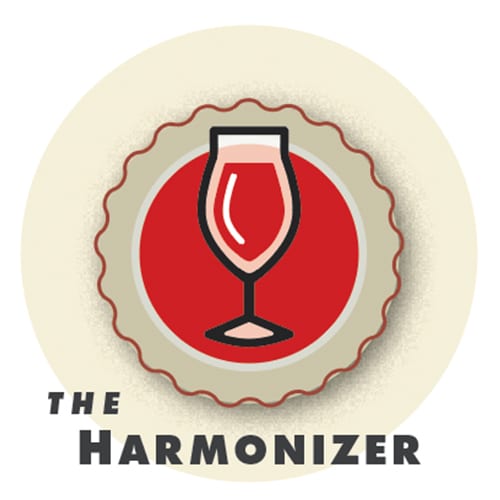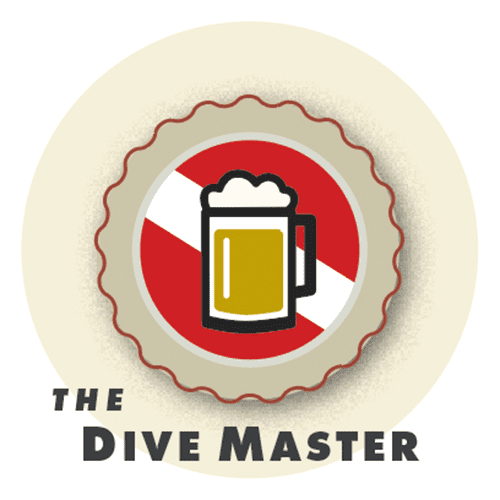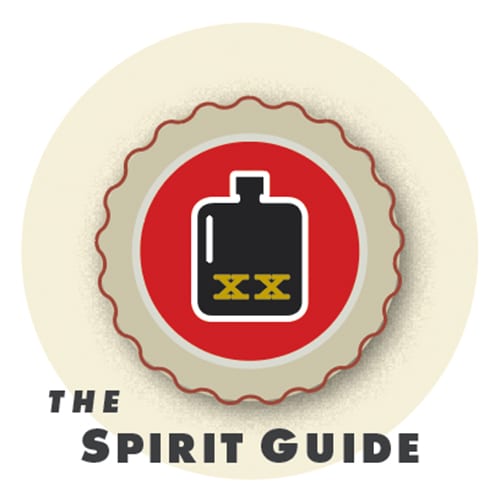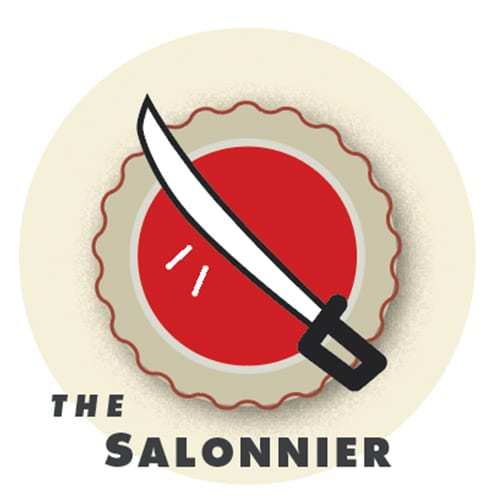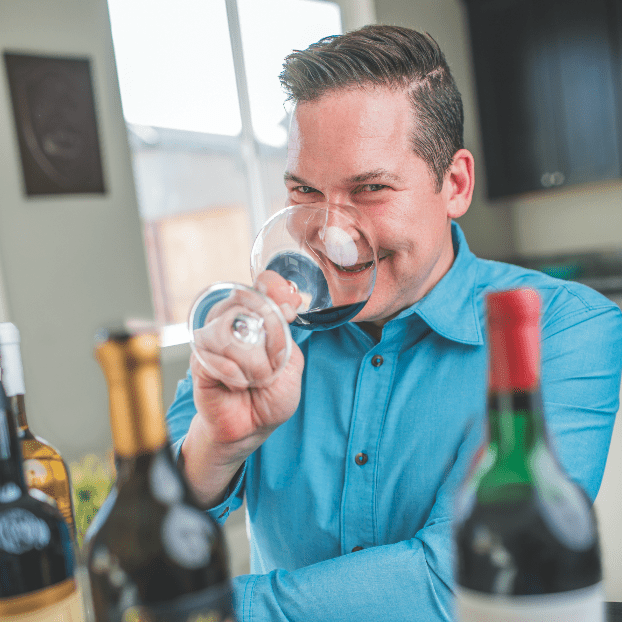
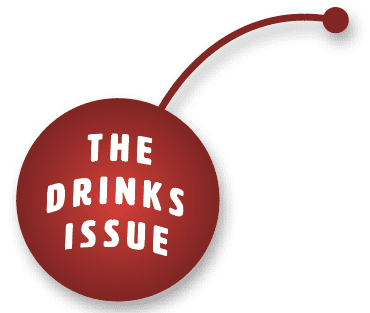
The Toastmasters
The Salonnier
At Club 50, Philippe Milgrom gathers Masons for a taste of the good life.
By Lindsey J. Smith
Three triangles rule Philippe Milgrom’s life. The first, given Milgrom’s membership in La France No. 885, a Francophone lodge in Los Angeles, is embodied by the Masonic tenets of brotherly love, relief, and truth. The second, the vintner’s triad, relates to his life’s work importing wine. “To have a good wine, you need good soil, a good winemaker, and God,” Milgrom says. Connecting those two is a third holy trinity, nourished by both Freemasonry and fine wine: one’s stomach, one’s palate, and one’s mind.
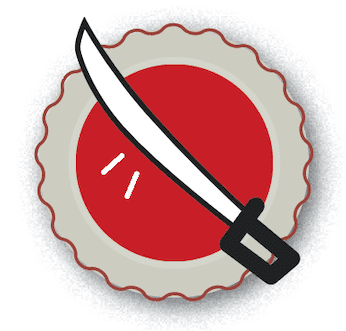 That tripartite enrichment is the goal of Club 50, a monthly luncheon Milgrom hosts for wine- and conversation-loving Masons. Club 50 was originally established in France in 1981 to help strengthen the bonds of friendship between brothers from different Masonic obediences. (France is home to several Masonic bodies, with varying rules and regulations.) Today there are chapters of the club worldwide, including the Los Angeles group Milgrom helped launch, which is open to all Master Masons. Like the salons of the past, members are treated to a guest lecture on a different topic over good food and fine wine. “A simple way to have a good time,” Milgrom says.
That tripartite enrichment is the goal of Club 50, a monthly luncheon Milgrom hosts for wine- and conversation-loving Masons. Club 50 was originally established in France in 1981 to help strengthen the bonds of friendship between brothers from different Masonic obediences. (France is home to several Masonic bodies, with varying rules and regulations.) Today there are chapters of the club worldwide, including the Los Angeles group Milgrom helped launch, which is open to all Master Masons. Like the salons of the past, members are treated to a guest lecture on a different topic over good food and fine wine. “A simple way to have a good time,” Milgrom says.
Past lectures have covered subjects as diverse as caviar, gemology, Masonic history, philosophy, and art, given both by Masons and by outside experts. Only two things—religion and politics—are off-limits. One popular yearly lecture is by the painter Zhenya Gershman, sometimes combined with an outing to the Getty Museum, where she works. Another is presented by Milgrom himself, in which he explores the subject he knows best: wine. “The French, we are born directly in the barrel of wine,” he says with a laugh.
Soon after Milgrom arrived in California, in 2001, he began importing and promoting several French wines that he’d loved back home, eventually expanding to other European labels. Today he represents some 30 vineyards and is a member of a number of wine industry societies—none more colorful than the Confrérie du Sabre d’Or, an international society that celebrates sabrage, the art of opening a champagne bottle with a sabre. Milgrom is the American ambassador of the confrérie, which means “brotherhood” but isn’t associated with Freemasonry. The society is similar to Club 50 in its focus on food, drink, and fellowship, Milgrom explains.
In the two decades he’s been in business, Milgrom has seen the American wine drinker’s palate evolve significantly. “Before, people asked me for a cabernet or merlot,” he says. “Now, if they ask about a blend, they know the difference between the pinot in France and the pinot in California.”
That education has had a macro-level effect, popularizing wines from all over the globe, but Milgrom sees it at work on a more intimate scale, too. “It’s more enjoyable when you know what you drink and where it’s coming from,” he says. That’s the approach he takes in his Club 50 lectures, teaching members about the grape, appellation, terroir, aging process, and other factors that give the vintage they’re drinking its distinctive character. Each year, he travels to Europe to meet the winemakers whose labels he imports and learns about all the factors that influence their wine.
Along with everything else, the pandemic put Club 50 on pause. Members tried meeting via Zoom, but it wasn’t the same. What makes Club 50 special, Milgrom explains, is “not only the lecture—it’s the friendship and the good food and wine.” That can’t be replicated online. For now, he eagerly awaits the time when members can gather again over lunch and a bottle.
“Masonry is not only to nourish the brain and the heart,” Milgrom says. “We’re looking for better men, a better life. Food and wine is a big part of that.”
PHOTOGRAPHY CREDIT:
Russ Hennings/Moonbeam Studios
More from this issue:

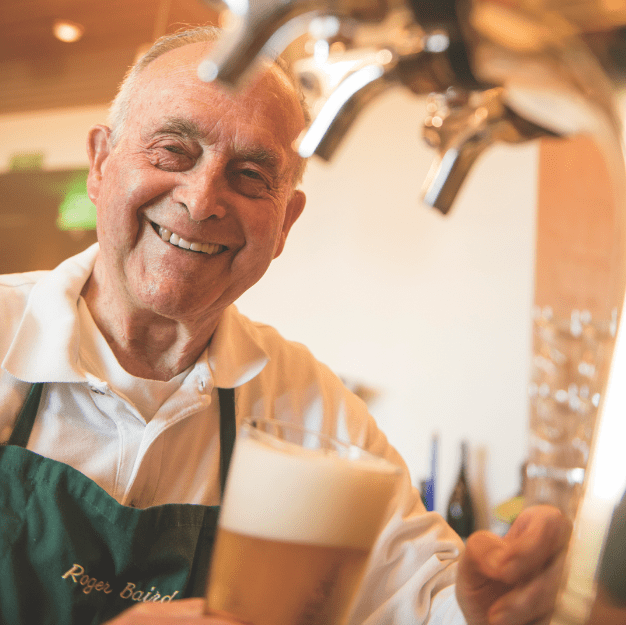
The Happiest Place in Union City
Sidle up to the bar at the Turkey Roost, where everybody knows your name.
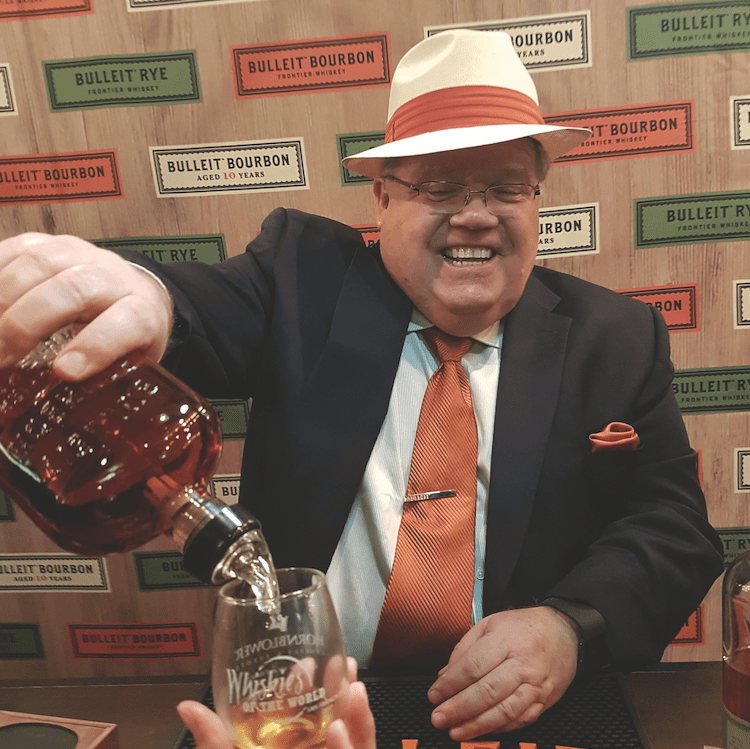
The Toastmasters: The Spirit Guide
Whiskey expert and priest Steve Beal on communing with the divine.
